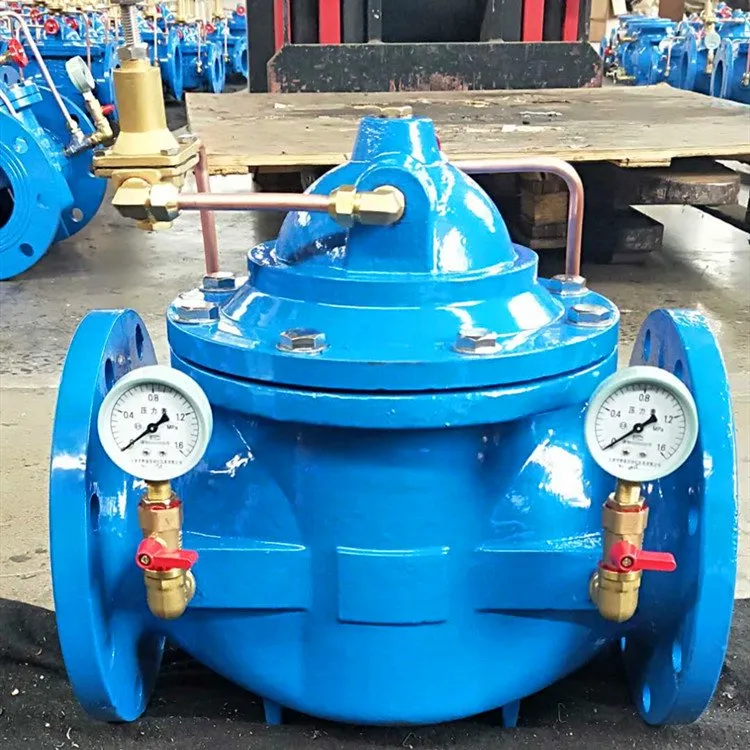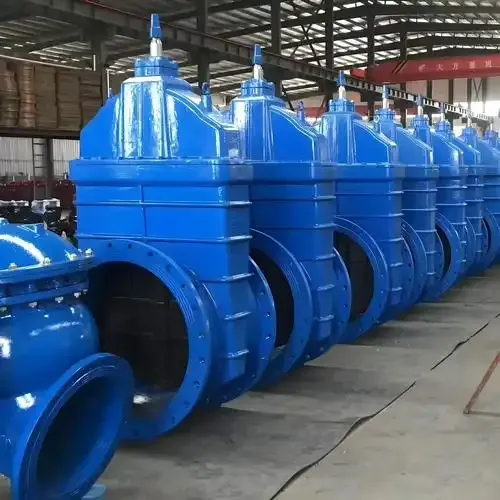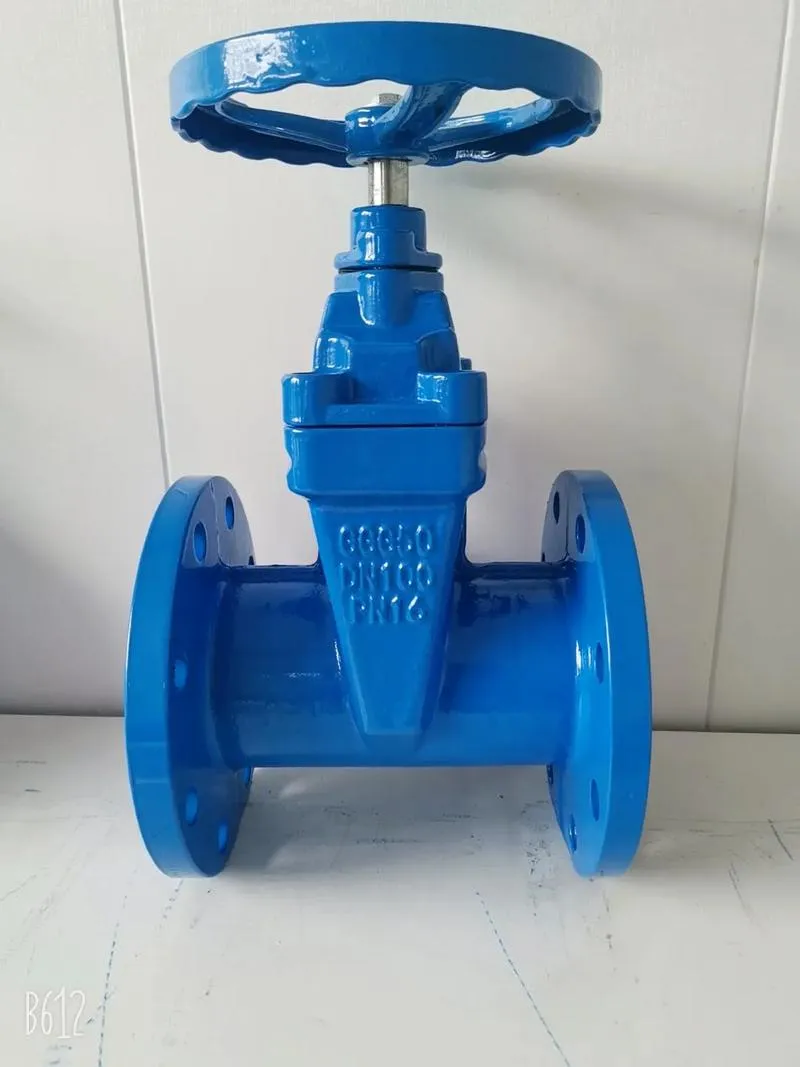ಮೇ . 30, 2025 17:09 ಪಟ್ಟಿಗೆ ಹಿಂತಿರುಗಿ
Rising Demand for Corrosion-Resistant Metal Valves in Wholesale Markets
The global valve wholesale market is undergoing a significant transformation, driven by the escalating demand for corrosion-resistant metal valves. Industries such as oil and gas, chemical processing, and water treatment are prioritizing durability and longevity in their infrastructure, propelling the need for advanced metal valve solutions. This article explores the trends, materials, and innovations shaping the valve wholesale sector, emphasizing the strategic importance of corrosion resistance in modern industrial applications.

The Growing Importance of Corrosion Resistance in Metal Valves
Corrosion remains one of the most costly challenges in industrial operations, accounting for billions in annual maintenance and replacements. Metal valves exposed to harsh environments—such as seawater, acidic chemicals, or high-temperature fluids—require robust resistance to degradation. This has elevated the role of corrosion-resistant metal valves in valve wholesale markets, particularly for sectors like:
Oil and Gas: Offshore drilling rigs and pipelines demand stainless steel or duplex steel metal valves to withstand saline environments.
Water Treatment: Municipal systems use corrosion-resistant the valve designs to prevent lead contamination and leaks.
Chemical Processing: Alloy valves resist reactive substances, ensuring operational safety.
Wholesale suppliers are increasingly stocking metal valves with certifications, which validates performance in corrosive settings. This shift reflects a broader industry move toward preventive maintenance and lifecycle cost reduction.

Key Materials Driving the Valve Wholesale Market
The choice of material is pivotal in manufacturing corrosion-resistant metal valves. Below are the dominant materials in valve wholesale:
Stainless Steel: Grades 316 and 304 dominate due to their chromium-nickel content, offering resistance to oxidation and chlorides.
Duplex Steel: Combines austenitic and ferritic structures, providing double the strength of standard stainless steel.
Titanium: Ideal for seawater applications, titanium metal valves resist pitting and crevice corrosion.
Nickel Alloys: Excel in extreme pH and high-temperature environments.
For wholesalers, material traceability is critical. Bulk buyers now demand mill test reports to verify composition, ensuring the valve meets project-specific standards.

Supply Chain Challenges in Valve Wholesale for Corrosion-Resistant Valves
Scaling valve wholesale operations for corrosion-resistant metal valves presents unique challenges:
Raw Material Sourcing: Fluctuating prices of nickel and molybdenum impact production costs.
Lead Times: Specialized alloys often require custom orders, delaying bulk shipments.
Quality Assurance: Ensuring consistency across large batches of metal valves demands rigorous testing.
To mitigate these, wholesalers are adopting strategies like:
Strategic Stockpiling: Maintaining reserves of high-demand alloys.
Supplier Partnerships: Collaborating with foundries for priority access to raw materials.
Digital Tracking: Using blockchain to monitor the valve from production to delivery.
A case study in the Middle East showed that digitizing procurement reduced lead times for duplex steel metal valves, underscoring the value of tech-driven supply chains.
Technological Advancements in Metal Valve Manufacturing
Innovations are reshaping how corrosion-resistant metal valves are produced and monitored:
3D Printing: Enables rapid prototyping of complex the valve geometries, reducing time-to-market.
IoT Integration: Smart metal valves with embedded sensors monitor wear and corrosion in real time.
Laser Cladding: Enhances surface resistance by applying corrosion-proof coatings with precision.
These technologies allow wholesalers to offer customized valve wholesale solutions, catering to niche industries like geothermal energy or desalination plants.
FAQ: Corrosion-Resistant Metal Valves in Wholesale Markets
What industries drive demand for corrosion-resistant metal valves?
Key sectors include oil and gas, chemical processing, water treatment, and maritime. These industries prioritize the valve designs that withstand harsh, corrosive environments.
How do stainless steel and duplex steel differ in valve wholesale?
Stainless steel (e.g., 316) is cost-effective for moderate conditions, while duplex steel offers superior strength and chloride resistance, ideal for offshore valve wholesale needs.
What certifications are vital for corrosion-resistant metal valves?
These ensure metal valves meet safety and performance benchmarks.
How can wholesalers reduce lead times for valve wholesale?
Building strategic partnerships with mills and adopting just-in-time manufacturing for valve wholesale orders can streamline production and delivery.
Are smart metal valves gaining traction in wholesale markets?
Yes. IoT-enabled the valve systems, which predict maintenance needs, are increasingly popular in oil refineries and smart water grids, driving bulk purchases.
The surge in demand for corrosion-resistant metal valves is reshaping valve wholesale strategies worldwide. By prioritizing advanced materials, agile supply chains, and technological innovation, wholesalers can meet the evolving needs of industries reliant on durable, long-lasting the valve solutions. As global infrastructure modernizes, those at the forefront of this shift will secure a pivotal role in the market’s future.
Moreover, the focus on sustainability and energy efficiency is further driving the demand for corrosion-resistant metal valves. Wholesalers who can offer eco-friendly and energy-saving valve solutions will have a competitive edge in the market. By staying ahead of regulatory changes and incorporating green technologies, they can cater to the growing consumer preference for environmentally conscious products. Additionally, enhancing customer service and after-sales support will be crucial in maintaining long-term relationships with clients and fostering loyalty.
-
Why the Right Angle Ruler Reigns in Metalworkingಸುದ್ದಿJul.21,2025
-
The Enduring Allure of Granite Boxes in Modern Interiorsಸುದ್ದಿJul.21,2025
-
The Digital Gauging Revolution: Reshaping Thread Rings Inspection's Futureಸುದ್ದಿJul.21,2025
-
How Modern Inspection Platforms Transcend Surface Measurementಸುದ್ದಿJul.21,2025
-
How Customization Drives Wholesale Success in Parallel Rulersಸುದ್ದಿJul.21,2025
-
Fortifying Permanent Steel Ground Anchors Against Corrosion's Onslaughtಸುದ್ದಿJul.21,2025
ಸಂಬಂಧಿತ ಉತ್ಪನ್ನಗಳು









